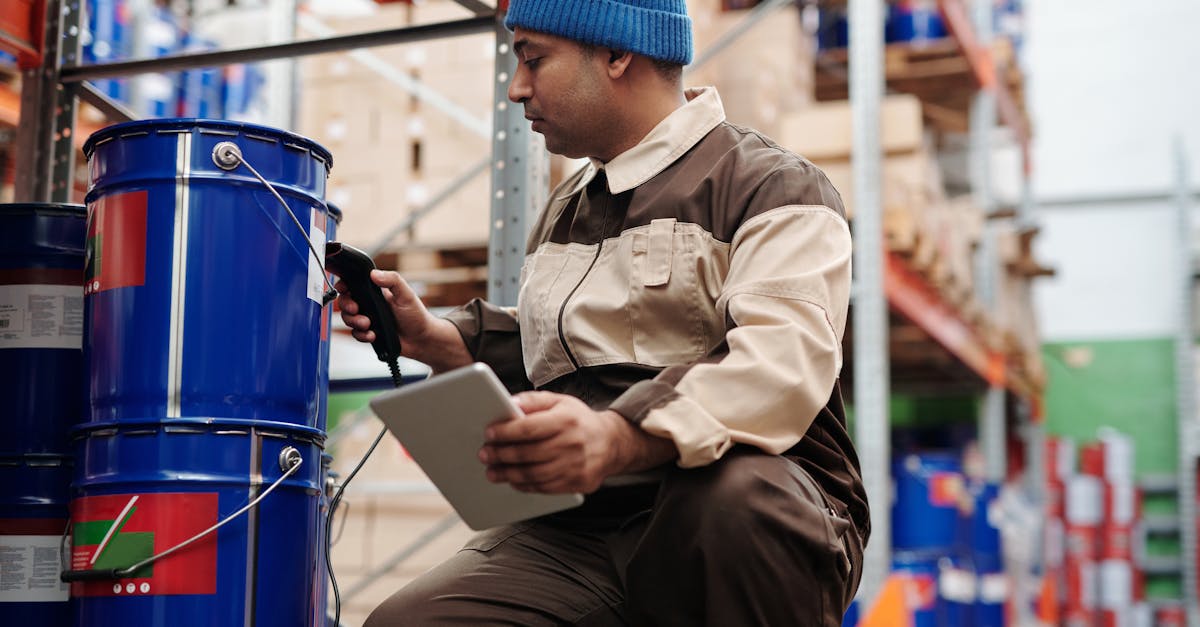
e advantageous in securing better terms, including faster processing times and reduced scrutiny in future shipments. Ensuring that all necessary documentation is complete and accurate enhances the chances of a seamless customs experience, ultimately benefiting the overall efficiency of supply chain operations.In addition to using quality materials, attention should be paid to the packaging design. Custom branding elements, such as stickers or branded tape, can elevate the packaging's appearance and reinforce brand identity. Ensure that any necessary labels, such as shipping and return information, are clearly visible and securely attached. This streamlining of information aids in maintaining order accuracy and contributes to a more efficient fulfilment process.
Tracking Your Shipment StatusEstablishing Clear Communication
Monitoring the progress of shipments plays a crucial role in ensuring timely delivery. Many companies provide tracking tools that allow businesses to follow their shipments in real-time. This visibility helps in proactively addressing any potential issues, such as delays or customs holds, before they escalate further down the supply chain. Clear communication stands as a cornerstone in the order fulfilment process. Timely updates regarding order status can greatly enhance customer satisfaction. Providing real-time tracking information reassures customers that their purchases are on the way. When delays occur, immediate notifications help manage expectations and prevent frustration. This transparency fosters trust between the business and its clientele.
Utilising various platforms, such as dedicated tracking websites and mobile applications, can greatly enhance the monitoring process. These tools often provide updates on location, estimated delivery time, and any changes in status. Maintaining open communication with logistics providers also contributes to a smoother tracking experience, ensuring all parties remain informed and can respond promptly to any developments.Utilising multiple channels for communication can further improve the customer experience. Email notifications remain essential for formal updates. Incorporating SMS alerts and social media engagement accommodates various preferences. Creating an easily accessible FAQs section also empowers customers to find answers without needing direct contact. These strategies ensure that customers feel connected and informed throughout their purchasing journey.
Tools and Techniques for Monitoring ProgressKeeping Customers Informed
Effective tracking of shipments is crucial for ensuring timely customs clearance. Modern technology offers a variety of tools designed to facilitate this process. Many logistics companies provide online platforms where clients can monitor their shipments in real-time. These platforms often feature GPS tracking, allowing businesses to pinpoint the exact location of their goods at any stage of transit. Additionally, automated notifications keep stakeholders informed about any changes or delays, enabling swift action to mitigate potential issues.Customers appreciate transparency throughout the order fulfilment process. Providing timely updates regarding order status enhances the overall shopping experience. Informative emails or notifications about shipping confirmations, expected delivery dates, and tracking information can significantly reduce customer anxiety. By utilising various communication channels, businesses can ensure that customers are always in the loop regarding their purchases.
Employing software solutions can further enhance tracking capabilities. Freight management systems integrate various data points, allowing for a holistic view of shipment progress. Users can access historical data, analyse trends, and anticipate potential customs challenges. Collaborative tools enable communication between all parties involved in the supply chain, ensuring transparency and accountability. By leveraging these technologies, businesses can streamline operations and significantly reduce the likelihood of unexpected customs delays.Regular updates also foster trust between the retailer and the shopper. When customers feel informed, they are more likely to engage positively with the brand and ma